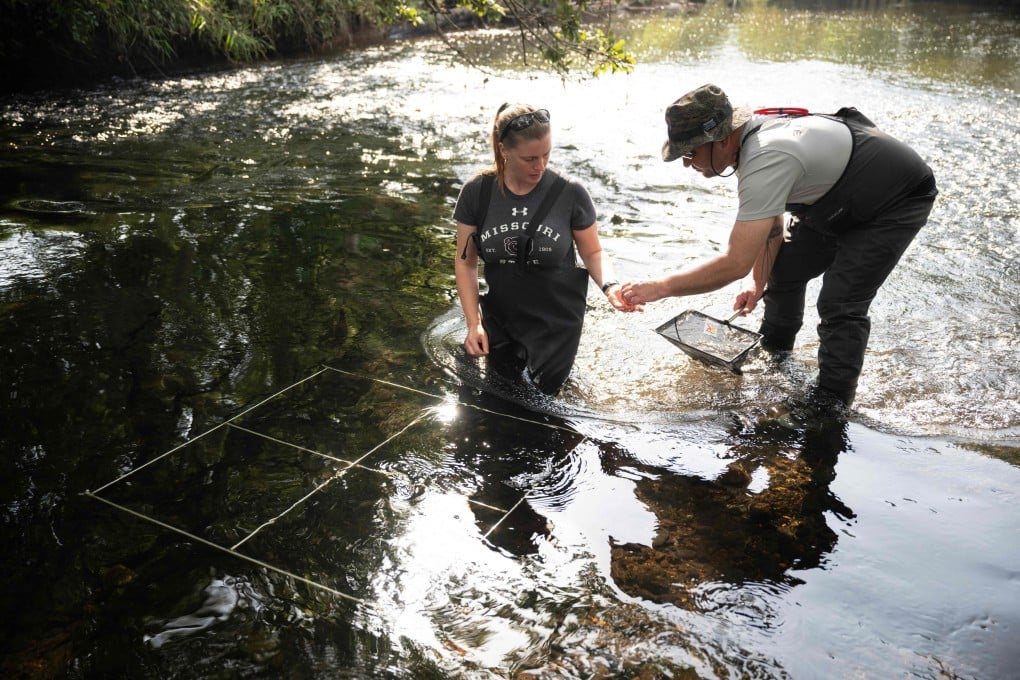Macroscope | Why, more than ever, nature is a sound investment
- As companies develop ways to improve how we farm, breed fish for food, package food and drink, and so on, they will need the backing of investors
- If the world is to reduce carbon emissions and their impact on the planet and the global economy, billions more needs to be invested in nature-based solutions

Biodiversity is deteriorating at an alarming rate and its loss is causing damage not only to the natural world but to society, the planet and the global economy.
There are several areas that require more public awareness if the planet is to address the biodiversity challenge.
Biodiversity must be a priority, alongside climate change. Land and marine ecosystems absorb more than half of man-made carbon emissions, while some 25 per cent of greenhouse gas emissions come from land clearing, crop production and fertilisation, with animal-based food contributing 75 per cent of that. In turn, climate change is becoming an increasingly significant driver of biodiversity loss.
As climate change and biodiversity loss are interconnected, this means the issues must be tackled together.
